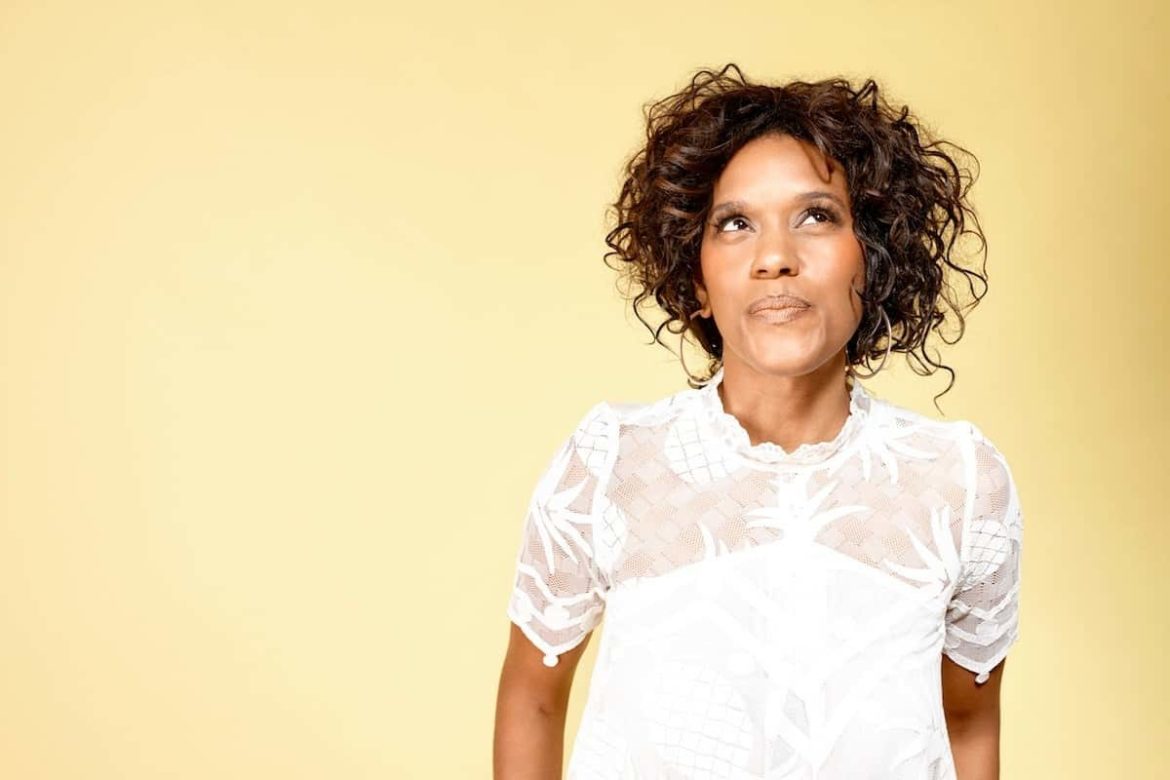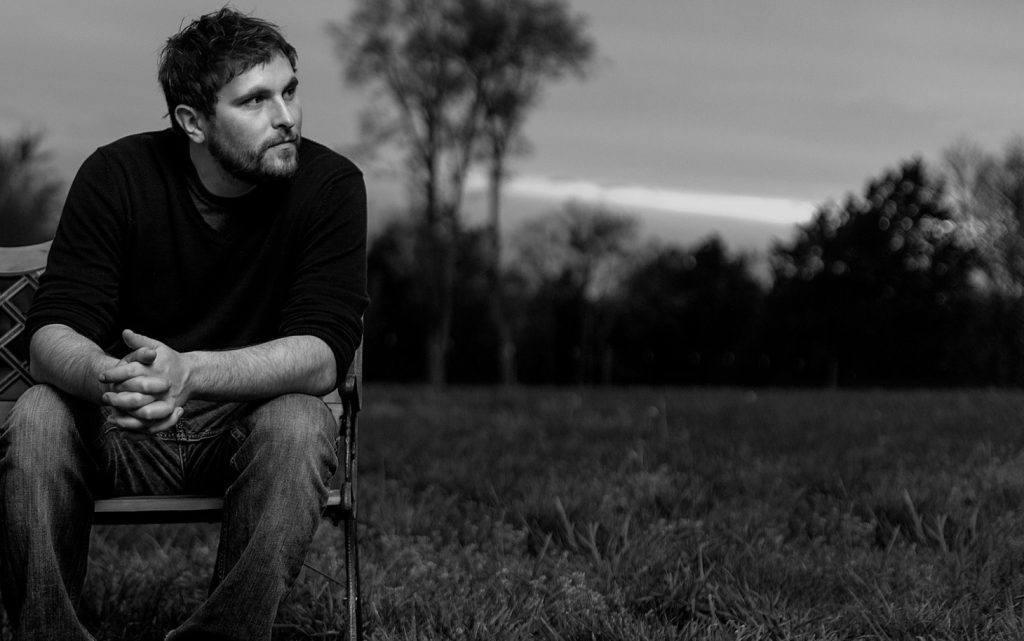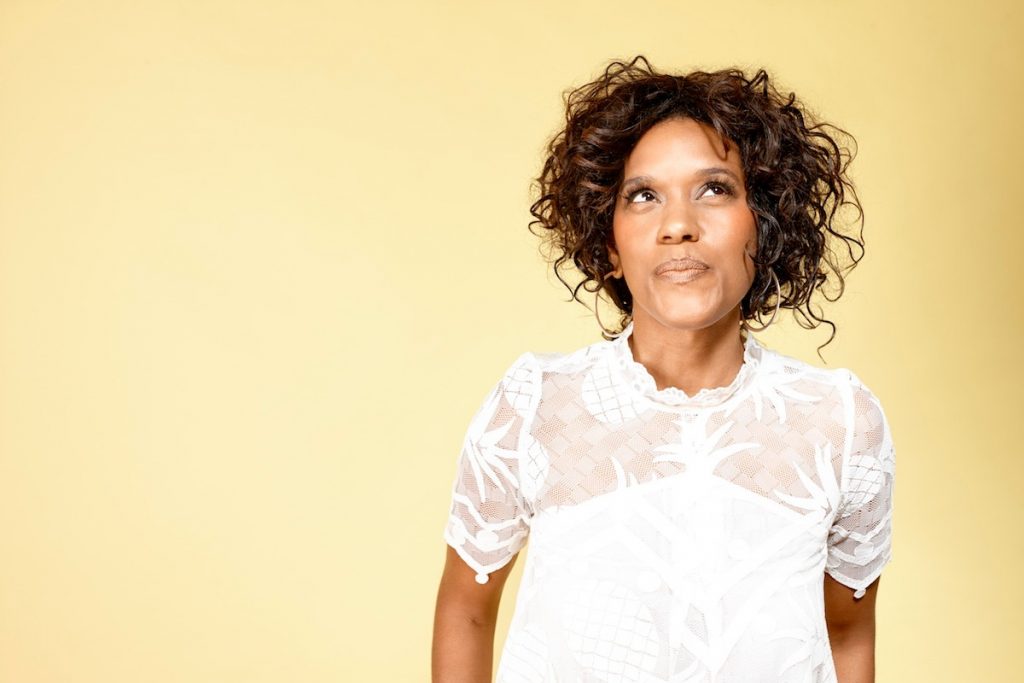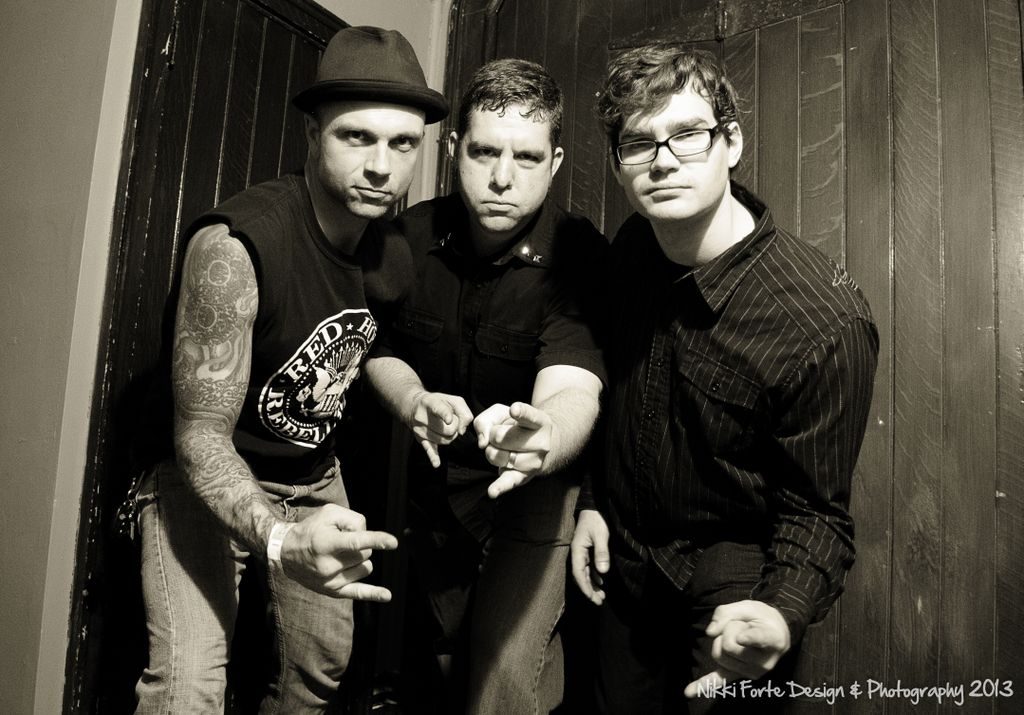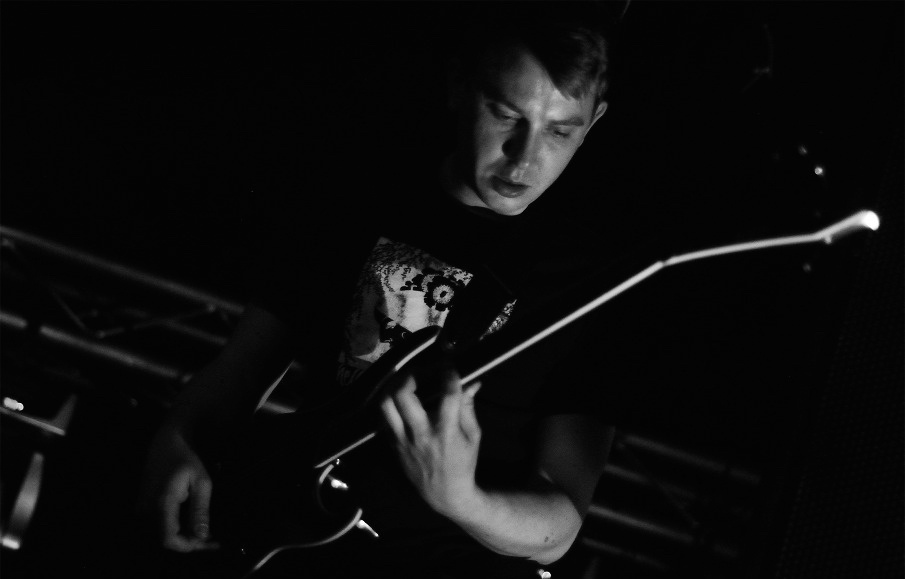We speak to four unsigned, DIY musicians who explain how they have scored syncs and the impact that it’s had on their careers.
1) Dane Schmidt (Jamestown Story) – Singer/Songwriter, Nashville, TN
Why did you decide to go the DIY route?
I discovered that you could independently put your music on iTunes back in 2007. After a few months I was very fortunate to be making enough money each month from the sales of my music to quit my job and do music full-time. I’ve been doing it ever since. In the last year or two sales have definitely gone down because of streaming, but stream revenue has gone up, as well as YouTube revenue, Soundexchange revenue, etc. so I’m still very blessed to be able to do music as a full-time job.
What sync successes have you had? How did they come about?
I’ve had over 100 placements on shows such as Dr. Phil, Jersey Shore, The Real World, Teen Mom, Keeping Up With The Kardashians, One Tree Hill, The Secret Life of an American Teenager, The Challenge Rivals 2, and many more. I got my first placement in 2007 and quickly realized how lucrative they could be, so I just started sending my music to every supervisor, production company, etc. that I could find. I was fortunate to establish some great relationships that helped me get a lot of syncs.
How have these placements help to fund your career as a musician?
Honestly, I’ve had very few up-front paying syncs. Most of mine have been gratis uses, which a lot of people frown on, but don’t realize how much they can pay out in performance royalties. Before ASCAP changed their system for vocal/BV syncs, MTV placements paid out A LOT of money for 1-2 minute vocal features, so I was fortunate enough to be getting them at the right time. I feel like a lot of artists go out and quickly spend their money while I would put it all in the bank for a rainy day, so those placements helped keep me afloat while I was working on new music, taking a breather, etc.
I’ve been extremely fortunate to be able to go to Japan a few times to record in some studios out there. Those trips will always be some of my fondest memories. I absolutely love Japan, the people, and the culture, so I’m very blessed to have been able to have those experiences.
How you handle the practical elements of licensing?
I was an ASCAP member for many years and kind of just figured out how to register and collect royalties myself. Obviously if you have your songs reg’ed and the cue sheets are correct it’s pretty easy to collect the money, but there have been numerous times where I’ve had to figure out how to fix a cue sheet, or collect money that wasn’t paid properly. There’s a definitely a learning curve, and I’ve still got a lot more to learn, but when you’re put in a position where you’re missing thousands of dollars because of someone else’s mistake you do whatever you can to figure out how to correct it.
What’s your advice for other artists?
I always say the same thing: be willing to work your ass off. This isn’t a job for slackers, you have to put in the time if you want to see results. There are always people out there willing to work harder than you, so if you’re not willing to step it up you’re pretty much just relying on luck. Luck is obviously a major factor in anything, but I’m a big believer if you work hard, the results will come.
What would be your dream sync?
Definitely an Apple commercial. I’m a big Apple supporter 🙂
Check out the tracks “Nothing’s Forever” or “Scarred“.
jamestownstory.com | @jamestownstory | facebook.com/jamestownstory
2) Debbie Reifer – Singer/Songwriter, Barbados
Why did you decide to go the DIY route?
I started pursuing a career in music a little over 3 years ago which honestly seems like just yesterday. It is very much a self-help kind of environment for artists pursuing a music career on a tiny island far away from the major music capitals of the world. From a sync licensing perspective, the location makes it a little challenging to get on the radar of publishing houses without an insane amount of social media presence or direct contacts in the industry. Being unsigned also makes that a challenge too. But there are many avenues out there to get your music seen and heard. I decided that until I found opportunities to align myself with a good publisher, I would do whatever I could on my own. Meeting and building relationships with local filmmakers seemed like a good place to start.
What sync successes have you had? How did they come about?
I’ve had two movie placements so far. One for a family movie titled Chrissy and another titled Vigilante-The Crossing. In my networking I had the privilege of meeting a local filmmaker here on the island and learned about what projects she was working on. They were low budget independent films with beautiful and touching story lines. I worked directly with her to custom a song for each movie with a very specific scene in each that she had in mind. One of the songs I wrote, “I Did It”, became the theme song for the family movie. It was a really exciting and intimate experience that I believe I only had the opportunity to experience because I was so eager to learn and get involved with the musical needs of the project.
How have these placements help to fund your career as a musician?
Well, they happened really early in my career and while I was paid for the work the real benefit was the exposure that I received from the films’ successes. The way the films were promoted really highlighted the work of musical contributors and for someone new to the industry that is a major benefit. People were getting a little more exposure to my work and to my name. The films also premiered at some big international film festivals which is not something that had been done by anyone here on the island before so it was a very big deal.
I was really honored this year to be have been asked by the Pixel Project to use my song “Amber” in their campaign to end violence against women. Last year I was placed on MarthaStewart.com’s Top 27 list for wedding bands; the magazine covered the wedding of Erin Fetherston and Gabe Saporta (Cobra Starship) where I had performed. I also found myself performing in front of Prince Andrew Duke of York! Fun times.
How you handle the practical elements of licensing?
With the DIY approach, the licensing fee, method of payment and due date for payment is negotiated with the “purse strings” of the project. Everything is articulated in contract format, signed and the respective fees collected according to the terms of the contract. In my case it was a simple phone call to see if the check was ready. Royalty collection was handled by the PRO; in my case I am registered with ASCAP. All of your agreements surrounding the production and ownership of the track need to be accurate and signed prior to registration of the work to your PRO.
What’s your advice for other artists?
Constantly do your research on how the sync industry is moving and trending. Make high quality music. If you aren’t good at paperwork, develop that skill set because you really need to have your production and writer agreements complete and ready upon request. Get a good entertainment lawyer and work with publishers that really like and believe in your music.
What would be your dream sync?
I have two! I’d love to get a theme song placement with a high profile television show, but the big dream is to work directly with a great film director and make custom songs for specific scenes in a movie.
Check out Debbie’s latest track “The Ruin.”
debbiereifer.com | @DebbieReifer | facebook.com/debbiereifermusic
3) Jim Tramontana (Red Hot Rebellion) – Punk/Metal Band, Dayton, Ohio
Why did you decide to go the DIY route?
We DIY everything mostly out of necessity. Capitol Records isn’t returning my phone calls and Sir Richard Branson got out of the music biz. So we’re stuck doing it all ourselves.
What sync successes have you had? How did they come about?
Some of the places that have used our music include: Cam Zink: Reach For The Sky (movie), Rob Dyrdek’s Fantasy Factory (TV), Ridiculousness (TV), Good Vibes (TV), Chozen (TV), Nitro Circus (TV), MTV Challenge (TV), The Trooper (movie), Adam The Woo (web series), Blank TV (web series), ESPN (TV), Monster Energy Drink (web series), Up Late With Rus & Pat (web podcast). One of our songs was used in a bikini car wash scene in an animated FX show. That was pretty cool.
I’ve established friendly relationships with a few music supervisors and pitch directly to them on a regular basis. In addition to me pitching to them, there are a few music supers who’s mailing lists I’m on – so when they are looking for something specific, I am alerted and do my best to pitch something that works for that particular search. I also check out places like IMDB to find movies/TV shows in production.
Additionally, I have a mailing list that I’ve curated of about 100+ music supervisors and they tolerate me so a few times a year, I send out an email with new music for them to check out and ask if they have any current music needs. So, it’s more then me always throwing my music in their face – I honestly want to know what they are looking for and I try to find something that will work even if it’s not Red Hot Rebellion’s music. I have tons of creative friends in awesome bands, so sometimes I will pitch something from one of their bands. It’s a win win win – the music super gets the song they need, I’m remembered as an indie dude who has cool music and can flip a sync quickly. And I help out a friend band that might not have the time or inclination to pursue syncs on their own.
How have these placements help to fund your career as a musician?
Placements have definitely helped to keep the band afloat. We don’t have to put any money out of pocket but we still have to work full time day jobs to make ends meet. The placements have helped us buy new gear, nice t-shirts… those kinds of things.
How do you handle the practical elements of licensing?
I handle all the registration of Red Hot Rebellion’s music with ASCAP. We split all the writing shares three ways and I register the songs for the other dudes to make sure it’s done right. I think having just one person in charge of that type of thing helps. When we record a new song as soon as it’s mastered, I go and register it with ASCAP, just to get it out of the way and done so I’m free to track down a sync home for it. I’ve established a publishing company that handles all our music and that money is direct deposited into a business when ASCAP pays publisher shares. Each member has set up a direct deposit with ASCAP for their writer’s shares.
I have the licensor pay my own publishing company, Solid Arts and Science, the up front license fee. It gets tucked away to earn several cents of interest every year.
What’s your advice for other artists?
Record a ton. And ALWAYS ALWAYS ALWAYS get instrumental versions of ALL your songs. Music supervisors are always asking me for instrumental versions. I know it can sometimes be a pain to ask the recording engineer to bounce down a separate version but honestly all he/she has to do is mute and vocals and bam. Done. ProTools, right? And sure you have to get it mastered a second time, but when that song is used in just one TV show it pays for the mastering and then some.
What would be your dream sync?
My dream sync would be a car chase in a big Hollywood movie. Something like Mission Impossible 23… Or maybe a giant bar fight scene…we always call our music “the soundtrack to a bar fight” so it seems fitting.
Check out the track “Black Magic Dynamite.”
redhotrebellion.com | @RedHotRebellion | facebook.com/redhotrebellion
4) James Griffiths – Composer, London
Why did you decide to go the DIY route?
I have been composing music for many years. I spent about 13 years as a Professional Saxophonist and Guitarist employed to play music for the Royal Family as Principal, Coldstream Guards Band in London, which took me around the world performing on the best of world stages. I went on tours of the USA, Australia and Mainland Europe, often performing in front of millions of people. I began to learn a great deal about orchestration and what instruments were capable of. I also studied a Masters Degree in Music Performance and Psychology, adding further knowledge to the emotive responses and cognitive reaction to music. Working in a professional symphonic wind band and orchestra, ignited my ambition to pick up the pen and start exploring my own writing.
Whilst living in London I also had an instrumental guitar loud and epic Prog and Post Rock band called Orders of The British Empire. We used to gig the DIY nights around London and tour up and down the country. I loved the DIY route, the scene in London is amazing and no other city can come close to the love and gratitude for live music in my opinion. This is where we as a band received our first publishing deal for sync in LA with Pusher Music and Hit The Ground Running. We wrote collectively music for shows such as Teen Mom 2 and 16 & Pregnant with MTV and other syncs with Vans skatewear.
Pusher also do bespoke and incredible trailer music with a fabulous boutique roster. This really got my appetite up and ambition to start writing the larger orchestrations. I left the band and pursued my solo career as a film composer after also leaving the military music career, tied in with half a year living in Qatar training their military bands how to be like ours. Busy busy!
What sync successes have you had?
Aside from the trailer routes and TV sync, I recently landed my first Indie feature called THE DRIFT, a Sci-Fi/Horror directed by Darren Scales. This was a lengthy but incredible journey into pushing my boundaries, knowledge and desire to write the best score I could. The results are 86 minutes of fully orchestrated, epic and exciting score. I really cherish that opportunity, which subsequently has kick started my career and got my name out there. It also got me the opportunity to design a new sound ident for Yahoo! THE DRIFT score won an award from SoundtrackGeek Awards 2015, placed amongst some amazing names such as Max Richter. Also Double Nominee up with the great Zimmer.
During this journey I also approached trailer music publishers after being very kindly guided in trailer writing direction from Pusher. I am now signed to Really Slow Motion, Sub Pub Music and am working on something rather exciting with another label. I am now scoring 2 features, Our Shining Sword, a British WW2 film directed by Callum Burn, a second I cant announce yet, and I have just finished composing a short for a very exciting film in LA.
I am very fortunate to work as an assistant to the brilliant Frank Ilfman, Saturn ward winning film composer (Big Bad Wolves). I never stop learning!
How have these placements help to fund your career as a musician?
Being a professional working film composer is an expensive business. The equipment, sample libraries, software, etc. is a very much integral part of your writing process, especially creating the highest of standard mockups and final products for release. Luckily my career was a transition. I already had a lot of music production equipment as I was also freelance producing people’s records in London and the DIY scene, so my production knowledge I’d say was on the right path. Once I felt I had gathered the tools I needed I took the leap of faith to leave a secure income and pursue the exciting journey as indie film composer.
You certainly can earn money, sync finance does take a long time to roll in through collection agencies, especially if its synced in the US, but it does start to roll in and if you can negotiate a good deal of ownership of your rights then all is well. It may help you buy that one piece of equipment or software you need to make that cue sound that much better. However updates to technology are always being released, so it’s important to stick to your guns and know what you need and what you don’t need before you destroy your savings!
How do you manage the practical elements of licensing?
I collect royalties through PRS. They have a brilliant source of information and advice for artists. Once you have recognized what you need to do, it is relatively straightforward, and you can look forward to your quarterly return.
What’s your advice for other artists?
Know your worth, your talent and be true to your beliefs. If you strongly believe you can enter an incredibly tough industry, get your name known and music heard then go for it. If you have that passion and determination let that shine in your writing but be professional, don’t have an ego and never stop learning about music and the industry. Do something different, explore and try new things, new sounds and techniques.
What would your dream sync be?
As my career has taken more of a path of films, my dream score to do would naturally be a Nolan film. Trailer syncs, I would love to be on a bespoke campaign for something huge.
jamesgriffithsfilmmusic.com | @jgfilmmusic1 | facebook.com/jamesgriffithsfilmmusic
We’d like to say a huge thanks to all the artists who participated in this feature! For advice on licensing why not check out some of our other articles including Music Biz Makes Licensing Easy.
